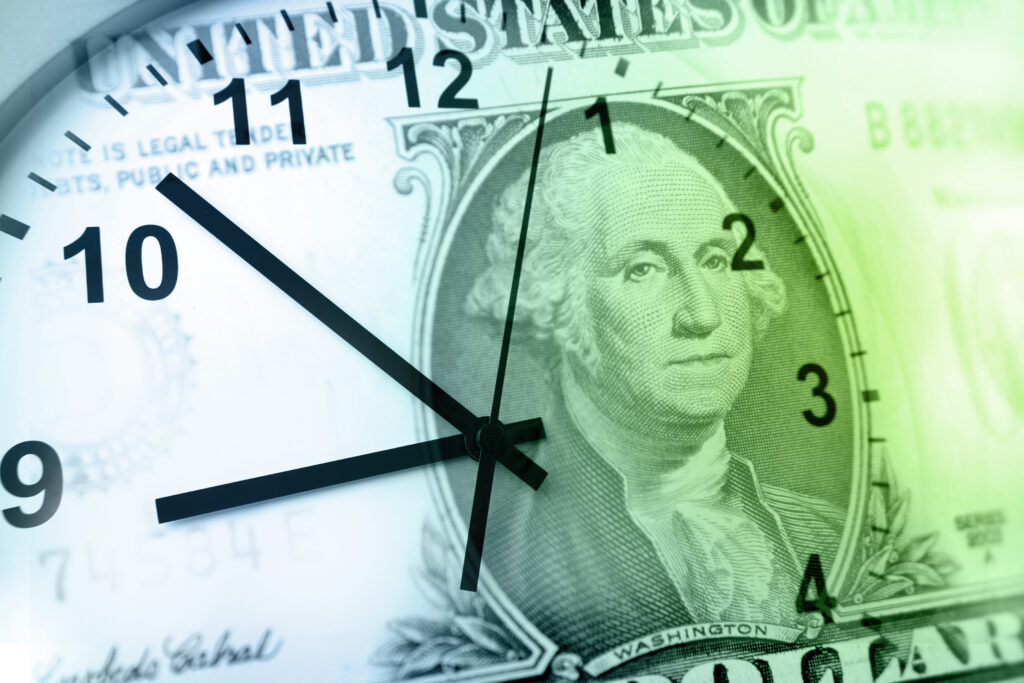Bankruptcy Guide
3 Ways to Stop Creditor Harassment
Nobody enjoys receiving collection calls. In truth, you don’t have to answer the phone when they call. You can usually ignore their emails and text messages. Paying creditors rarely works out in your favor, and unless they are likely to sue, you’re better off focusing on your day-to-day needs or saving the funds you’ll need…
Read MoreBankruptcy and Tax Debt: What You Need to Know
In 2021, Americans failed to pay a record $688 billion on their tax returns. 23% of Americans have fallen behind. If you fall within that 23%, then bankruptcy can be an avenue for eliminating some of your tax debt, though not necessarily all of it. However, tax debt is a bit more complicated than other…
Read MoreWhat is the Role of Credit Counseling in Bankruptcy?
Bankruptcy law requires filers to undergo mandatory credit counseling before any debts are forgiven. Often, your attorney will link you with a non-profit credit counseling service. You can also find your own service. Any counseling service you use must be one of the list of agencies approved by the Department of Justice. You’ll be able…
Read MoreUnderstanding the Different Forms of Debt Relief
As you consider bankruptcy, you might have heard about other forms of debt relief, such as debt settlement, debt consolidation, and debt management. While these terms all sound very similar, there are important differences between them. You should understand how each of these programs works and how they might impact your life before making any…
Read MoreHow Reaffirmation Agreements Work
A reaffirmation agreement is a voluntary agreement that allows a borrower to hold on to certain types of debts that might otherwise have been discharged in bankruptcy. For example, if you are filing Chapter 7 and wish to keep a house or a car for which you don’t have much equity, you may use a…
Read MoreHow the Automatic Stay Protects You During Bankruptcy
When you file for bankruptcy, you gain protection under the “automatic stay,” which protects you from your creditors during the bankruptcy process. The automatic stay brings all collection efforts to a screeching halt. These include: Phone calls Letters Lawsuits Wage garnishments Repossession Foreclosure In most cases, the automatic stay remains active throughout the life of…
Read MoreChapter 13 Dos and Don’ts
Declaring Chapter 13 bankruptcy can be a smart financial move, but it’s important to understand that there are actions you can and cannot take during the process. Here are some “dos” and “don’ts” for Chapter 13. Do: Seek Court Approval Before Selling Property The court must approve all transfers for real estate,…
Read MoreHow to Enjoy Financial Freedom After Bankruptcy
Once you achieve your bankruptcy discharge, you’ll achieve a second chance. If you want to make the most of it, you’ll need to take conscious steps to change the way that you approach your financial life—even if your bankruptcy was the result of unforeseen circumstances or issues. Fortunately, there are many ways that you can…
Read MoreWhat Happens if My New York Bankruptcy Case is Dismissed?
Having your bankruptcy case dismissed is not a happy outcome for most cases. Usually, it happens when you have failed to comply with court rules, have violated court procedures, have failed to file forms on time, or have committed bankruptcy fraud. Your case may also be dismissed if you fail to attend your 341 meeting…
Read MoreCan You Inherit Debt in New York?
You may have read multiple news stories about collection agents calling people whose loved ones have died, attempting to hold them responsible for the deceased’s debts. Fortunately, there are only a handful of cases where a person directly inherits debts. A Deceased Person’s Debts Come Out of the Estate While it may feel like you’re…
Read More









